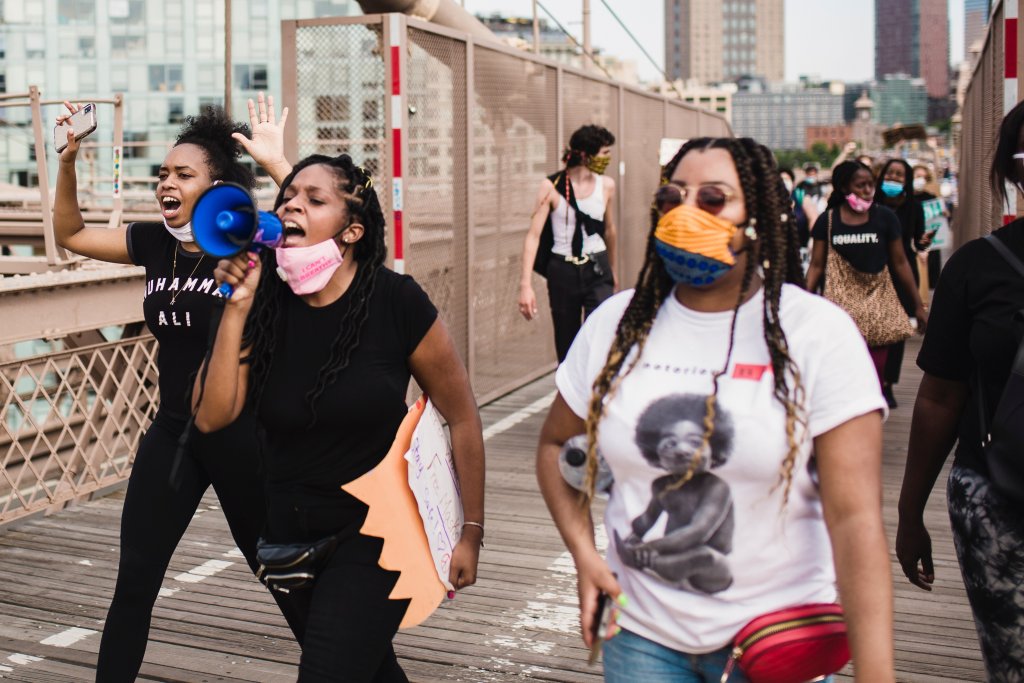Written by Dong, 2021 Cohort
Two weeks ago, I became aware of ethnicity & race from a routine pre-mdm Bootcamp. Actually, I used to be confused about the differences between them, but now there is a clear distinction in my mind. Both ethnicity and race are socially constructed categories, but ethnicity is based on cultural traits that society finds important while the race is based on biological and physical features. For example, someone may say his race is “Black”, but his ethnicity is Nigerian; someone may say his race is “Asian”, however his ethnicity could be American.
In my opinion, ethnic opposition nowadays often happens between countries while racial discrimination is still growing inside that country. Chinese and Americans began the trade war in 2018, and their ethnic opposition had penetrated into their society after years and years of negative media. We are not sure if there are casualties when a real war is triggered, but around 20 years ago it was estimated that more than a thousand ethnic Chinese Indonesians died in the 1998 riots of Indonesia. In the US, where we can encounter people of different races and ethnicities, locals are quite sensitive to geographical names and will criticize those people who live here, which is vividly shown in the movie Green Book. Therefore, the concept of “race” has always been used to divide members of society.

There are many reasons for all the tragedies we heard of. Except for personal interests, I believe that in the beginning, people prefer to simplify their mindset in order to remember more clearly and think straightly, so they are easily attributing A feature to B individual. When a stereotype is generated, things are getting tougher than we expected. Then along comes massive societal pressure, they cannot express different opinions in the community, so they have to follow the mainstream ideas, even though they aren’t intended to.
We could take a deep look into digital ethnicity and race. As digital technologies have come to play an increasingly central role in our everyday cultural lives, interactive digital spaces have become areas in which an ever-growing portion of our social and cultural lives are taking place. Digital tools like memes and short videos dispel some conventional concepts. The Internet has the power to pick our minds, and the former vulnerable groups could also have an opportunity to stand out. We could do many things in this direction, as an influencer once said, races and ethnicity aren’t “fixed immutable categories”. They are defined by societies instead, and I will always regard each person as a meaningful individual.